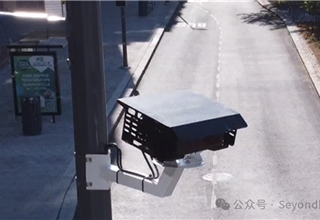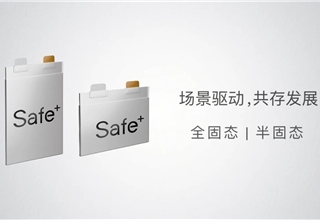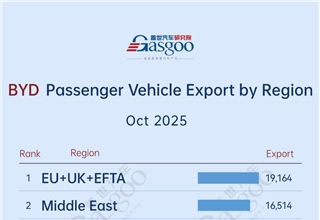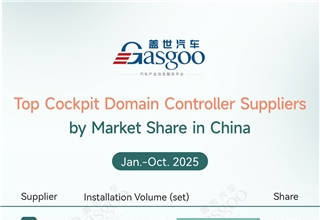In an era when it costs less to have auto parts delivered than calling out for a pizza, cost becomes a critical issue when trying to manage an efficient supply chain.
Globalization continues to drive down product prices, while other costs of doing business steadily increase. Meanwhile, the U.S. aftermarket struggles to retain its value-added customer services and the quality it's become known for.
Guest speakers at this year's Automotive Aftermarket Suppliers Association (AASA) Executive Breakfast, held during Industry Week, shared an optimistic message for attendees while attempting to tackle these issues. They also stressed the seriousness of effectively competing on a global level.
"If we don't create the leanest, most efficient supply chain, someone else will," says Michael Cardone Jr., chairman and CEO of CARDONE Industries, and one of the speakers at the event.
Being successful on a global scale means, "acknowledging the un-level playing field that is value-added pricing that we're confronted with daily," says Cardone, who adds this scenario is not going to change anytime soon. It also means the U.S. aftermarket should focus on inventory and just-in-time replenishment and work more closely together to assure it maintains its standing as the largest and most reliable independent aftermarket in the world, he adds.
Regarding increasing raw material and health care costs coupled with lower pricing structures, Cardone says, "We've got to stop feeling like victims and take leadership in our businesses." Companies must focus on efficiency, continuous improvement and eliminating waste in the supply chain, he continues.
As far as inventory goes, "the most effective way to deal with inventory is to eliminate it," Cardone shares.
He closed his presentation with a bit of humor, an image that may not be far from the truth if the industry fails to hold its edge: a doctored picture of a "dollar store" auto parts retailer. Assures Cardone: "As distributors and manufacturers, I think we're too smart to let that happen to our industry."
Better days for many, but not for all
The aftermarket, specifically the auto parts store and independent repair shop, will continue to be vital to the automotive industry, says Tom Gallagher, chairman and CEO of Genuine Parts Co., who adds today's challenges are merely chapters in the long book of the automotive aftermarket.
Not painting an entirely rosy picture of the aftermarket, Gallagher, the second speaker at the AASA event, acknowledges that competition is severe. He likens competition to cod liver oil: "First it makes you sick; then it makes you better."
In fact, independent parts retailers and distributors have found a way to operate in this competitive, disadvantaged environment and they've become bigger and stronger businesses as a result, he adds.
He also predicts that independent repairers will continue to perform the majority of repairs; they do 70 percent of the work done today, he adds.
"It's our belief the independent installers will become bigger and better businesses in the years ahead," says Gallagher, who adds these repair businesses will become more consolidated and specialized in upcoming years.
He urges the aftermarket to do everything it can to help keep this independent repair sector successful in its pursuits — going beyond merely selling product to providing technology solutions, business management training, product training and the like.
Gallagher also predicts better years ahead for aftermarket manufacturers, but not for all companies.
Regarding the aforementioned price issue, Gallagher says competing on price alone doesn't help anyone in the long run. "Price is an incredibly effective weapon in the short term, but unfortunately it's available to everyone."
In the case of Genuine Parts, AASA's Steve Handschuh, the event's moderator, acknowledged that value-added features have been a hallmark of NAPA's distribution; Gallagher says value-added components are "something that we have to constantly monitor" due to the sensitivity of cost in the supply chain.
Both speakers at the AASA Breakfast stress the long-held notion that collaboration is the key to survival.
Everyone in the chain, from manufacturers and distributors to repair shops, "are dependent upon each other to one degree or the other, whether we like it or not," says Gallagher.
"Now more than ever it's time for us to take cooperation and corroboration to the next level," says Cardone. "At the distributor, and at the supply level, but also at the trade association level."
Some believe that channel partners lack an amount of trust that used to exist, but Cardone points to a trade-off of sorts: Although he admits there was a certain sense of collaboration 10 years ago that doesn't necessarily exist today, there are other aspects of collaboration today that didn't exist 10 years ago.









